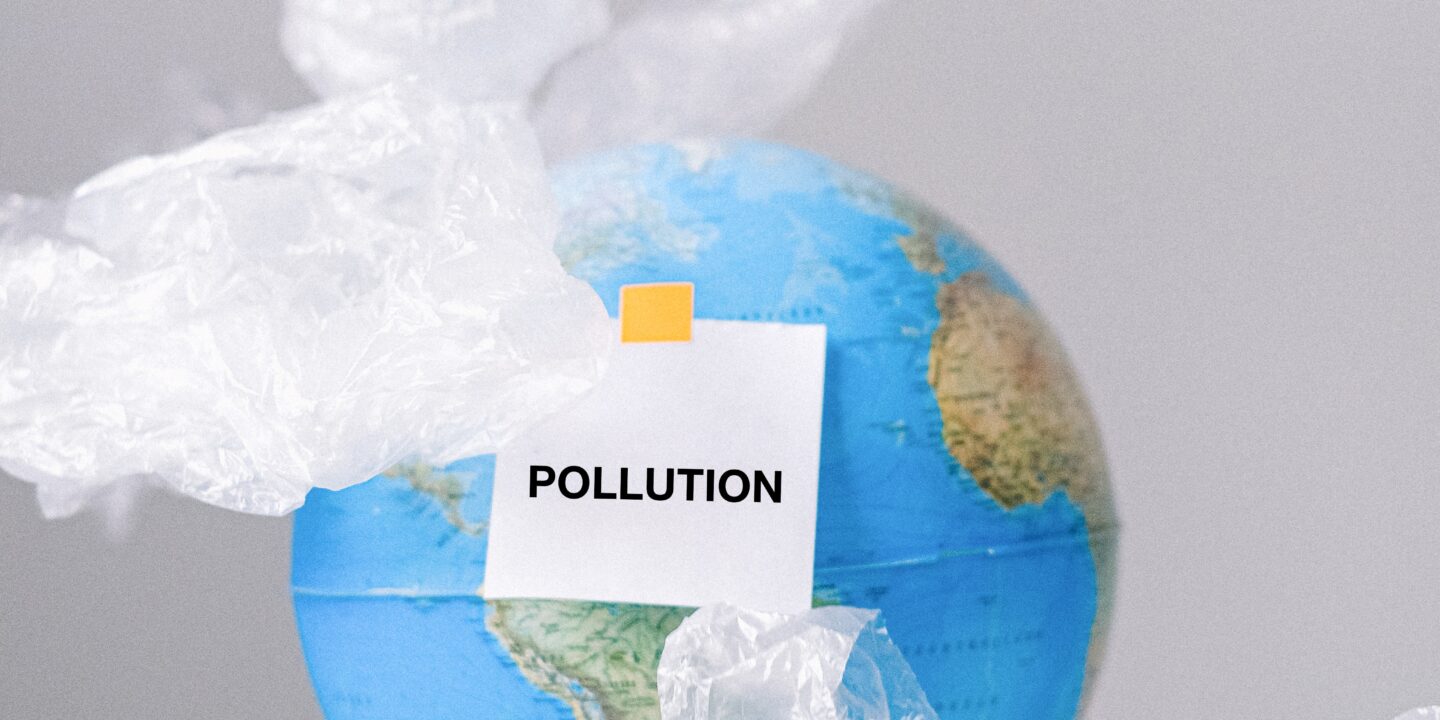
The Threat of Global Warming and the Ways to Counter it
Global Warming
Human activities, such as burning fossil fuels for energy and transportation, deforestation, and industrial processes, have significantly increased the concentration of greenhouse gases in the atmosphere. This has caused the Earth’s temperature to rise alarmingly, with 19 of the 20 warmest years on record occurring since 2001.
The consequences of global warming include rising sea levels, more frequent and intense heat waves, droughts, wildfires, extreme weather events, and threats to ecosystems and wildlife. To mitigate the impacts of global warming, individuals and governments must take action to reduce greenhouse gas emissions and transition to a more sustainable and low-carbon economy.
The Future of Mankind in a Global Warming
If we continue to emit greenhouse gases at the current rate or higher, the consequences of global warming will be severe and widespread. We can expect more frequent and severe heat waves, droughts, floods, and storms that will lead to loss of life, displacement, and economic damage. Sea levels will continue to rise, potentially inundating low-lying areas and displacing millions of people. Agricultural productivity will be affected, and food security will become a major challenge.
However, if we take aggressive action to reduce greenhouse gas emissions, adapt to the changes that are already occurring, and invest in technologies to mitigate the effects of global warming, we can mitigate many of the worst impacts. This will require a shift towards a low-carbon economy, increased investment in renewable energy and clean technologies, and international cooperation to address the problem.
Ultimately, the future of mankind in a world experiencing global warming depends on our ability to come together and take bold action to reduce emissions, adapt to the changes that are already occurring, and build a more sustainable future for all.

Effect of Global Warming on Global Economy
Increased frequency and intensity of natural disasters: As the climate becomes more unpredictable, natural disasters such as floods, hurricanes, and droughts are likely to become more frequent and severe. This can lead to significant economic damage, including property destruction, loss of crops, and disruption of supply chains.
Rising sea levels: As sea levels rise, low-lying areas and coastal cities are at risk of flooding, leading to significant property damage and economic disruption. This could have a significant impact on industries such as real estate, tourism, and transportation.
Disruption of agricultural productivity: Changes in temperature and rainfall patterns can affect agricultural productivity, leading to lower yields and higher food prices. This could have a significant impact on global food security, particularly in developing countries.
Increased healthcare costs: Higher temperatures can lead to increased incidence of heat stroke, dehydration, and other heat-related illnesses. This can lead to higher healthcare costs, particularly in regions with vulnerable populations.
Energy infrastructure and security: As the world transitions to a low-carbon economy, energy infrastructure will need to be upgraded or replaced to accommodate renewable energy sources. This can be expensive and disruptive, particularly in countries that rely heavily on fossil fuels.
In order to mitigate the economic impacts of global warming, countries will need to work together to reduce greenhouse gas emissions, invest in renewable energy and clean technologies, and build more resilient infrastructure to adapt to the changing climate. The cost of inaction will likely be far greater than the cost of action.

Global Warming and the Ways to Counter it
Global warming is a serious global challenge that requires urgent action from individuals, governments, and businesses. Here are some ways to counter it:
Reduce greenhouse gas emissions: The most effective way to counter global warming is to reduce the amount of greenhouse gases emitted into the atmosphere. This can be achieved by transitioning to renewable energy sources, improving energy efficiency, and reducing consumption of fossil fuels.
Plant more trees: Trees absorb carbon dioxide and release oxygen, making them a natural way to counter global warming. Planting more trees, particularly in urban areas, can help to reduce the amount of carbon dioxide in the atmosphere.
Increase energy efficiency: Improving energy efficiency can reduce energy consumption, which in turn reduces greenhouse gas emissions. This can be achieved by using energy-efficient appliances and lighting, insulating buildings, and using public transport.
Use clean energy sources: Renewable energy sources such as solar, wind, and hydro power can help to reduce greenhouse gas emissions and counter global warming. Governments and businesses can invest in renewable energy infrastructure to increase the use of clean energy.
Reduce waste: Landfills are a significant source of methane emissions, a potent greenhouse gas. Reducing waste and increasing recycling can help to reduce the amount of methane emitted into the atmosphere.
Increase awareness: Education and awareness-raising campaigns can help to increase public understanding of global warming and encourage individuals to take action to counter it.
Support climate policies: Governments can introduce policies and regulations to encourage the reduction of greenhouse gas emissions and the transition to a low-carbon economy. Supporting such policies can help to accelerate the necessary changes.
These are just a few ways to counter global warming. It will require a collective effort from individuals, governments, and businesses to effectively address this global challenge.
Admin at The Pakistan Gazette

